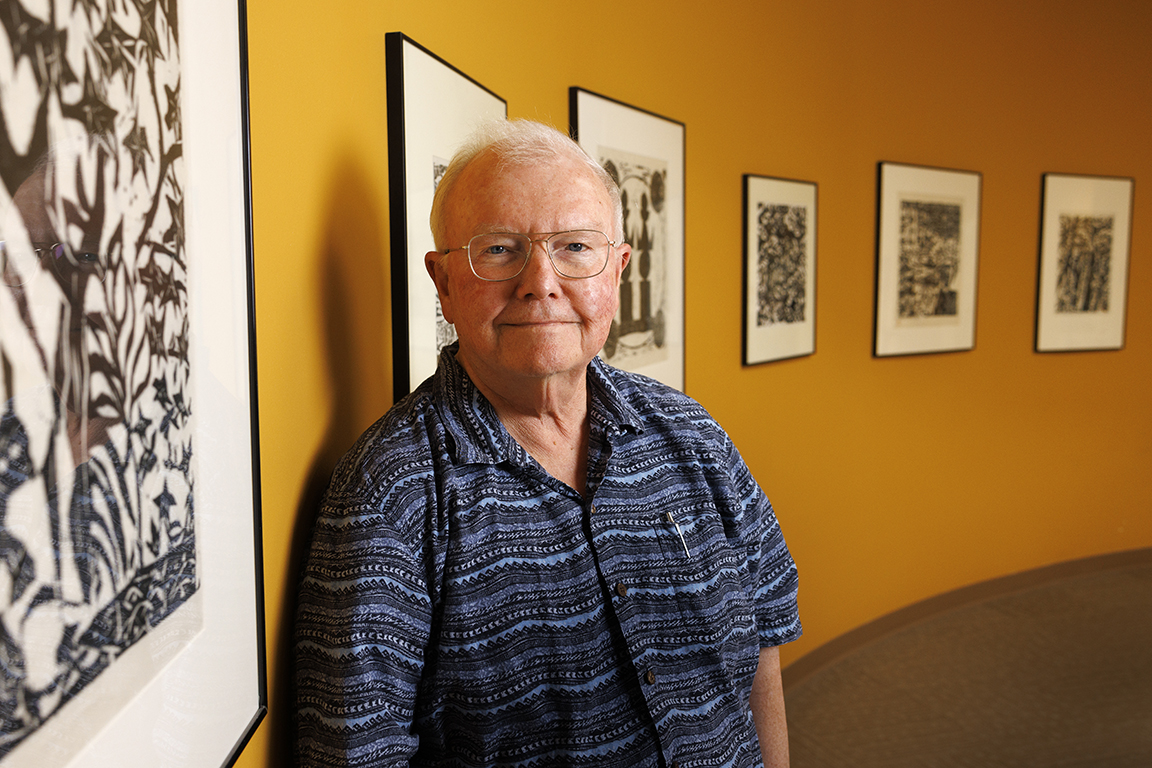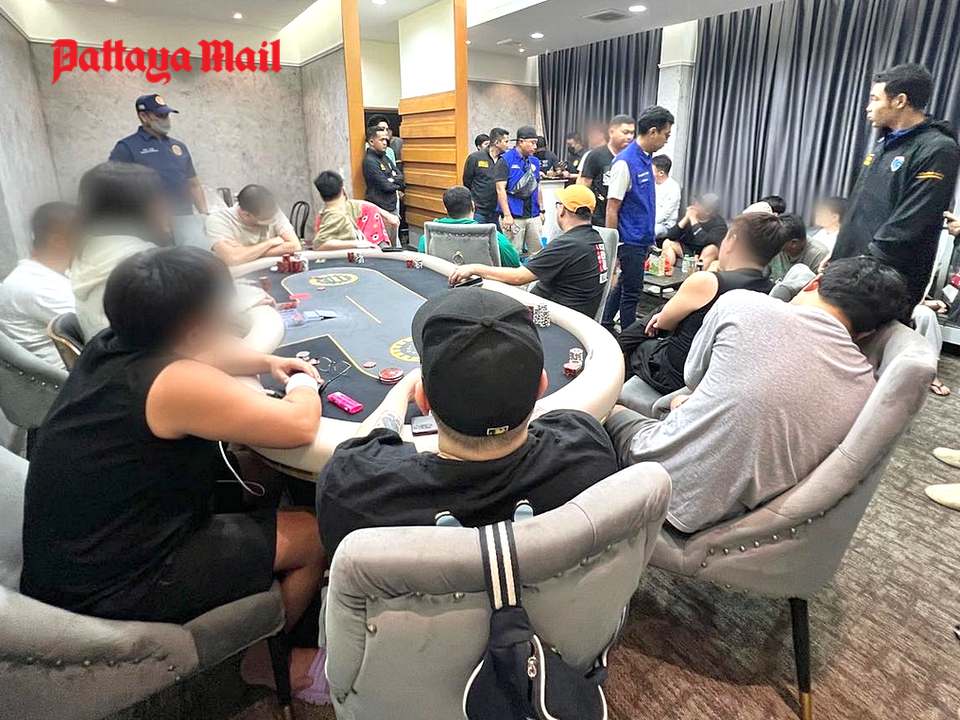Travel
Coble reflects on research, travels as he retires after 48 years

Parks Coble studies the past, but as a student in the 1970s, he settled into his area of study because of the current events of that time.
It was the height of the Cold War and U.S. President Richard Nixon had recently opened up diplomatic relations with the Chinese government.
“China was the big communist unknown,” Coble, James L. Sellers Professor of History, said. “China was in the middle of the Cultural Revolution period. The timing was right…There really were a lot of exciting things going on.”
Coble, who will retire in May after 48 years with the University of Nebraska–Lincoln, teaches courses in East Asian history. His research focuses on 20th Century Chinese history. In his career he’s published eight books and dozens of journal articles, and his most recent book, “The Collapse of Nationalist China: How Chiang Kai-shek Lost China’s Civil War,” was published last year.
Originally from South Carolina, Coble received his bachelor’s degree from the University of South Carolina and master’s and doctoral degrees from the University of Illinois Urbana-Champaign. He taught for one year at North Dakota State University before arriving in Nebraska in 1976.
It was difficult to travel to China when Coble was starting out because of the political environment, but he made his first trip to mainland China as part of a U.S. China Peoples Friendship Association delegation.
“We traveled on a set tour,” Coble said. “Foreigners at that time were really isolated. We stayed at special hotels, had our own restaurants.”
Coble was still able to see many of the country’s most recognizable sites on that first visit, including the Great Wall, the Forbidden City and the Terracotta Warriors. Over the years, travelers have gained more freedom to travel around China, and he’s been able to venture more.
However, he’s also visited sites that might not seem as interesting to some but have significance to him as a historian, such as the location near Beijing where World War II in Asia began. He’s stayed at the Jinjiang Hotel, where Nixon and Zhou Enlai signed a communique opening diplomatic relations.
Coble lived in Shanghai for a year and had a couple of six-month stays for professional reasons, but those longer stays also allowed for some sightseeing trips. In order to read original source material and communicate with others in the field, he’s learned some Mandarin.
Coble said the Great Wall was more impressive than he could have imagined. When he saw the Terracotta Warriors for the first time, the excavation process was still ongoing, which Coble said was “pretty stunning.”
“There’s something about seeing it and thinking about all the work that went into it,” he said.
Because he studies the modern age, Coble has been able to access more archival material that has become available as political tensions have eased and historical figures have died. His most recent book on Chiang Kai-Shek, for example, wouldn’t have been possible 20 years ago, because new sources have opened up.
“You get the inside story, which is fascinating, personal letters and things of that type,” he said.
Now that the day of retirement is getting nearer, Coble said what he will miss most is working with students. His class is not a requirement for most students, so he said most of his students have a genuine interest in the subject matter. He’s taught many Asian-American students, for example, interested in learning more about the history of where their families originated, he said, and students interested in studying abroad.
Coble doesn’t have much planned for retirement, but he has scheduled a couple of stateside trips for later this year. And although he might not be making as many research trips anymore, there are still places in the region he’d be interested in seeing, like the wartime capital of Chongqing and Tibet.
“I haven’t seen a fraction of what there would be to see,” Coble said.
Coble will give a talk on the 2011 nuclear accident in Fukushima, Japan, during a Lunch & Learn at noon May 8 at the Kawasaki Reading Room. The Department of History’s Pauley Symposium in October will be themed “The Legacy of Republican China” in honor of Coble, who will give the keynote address.










